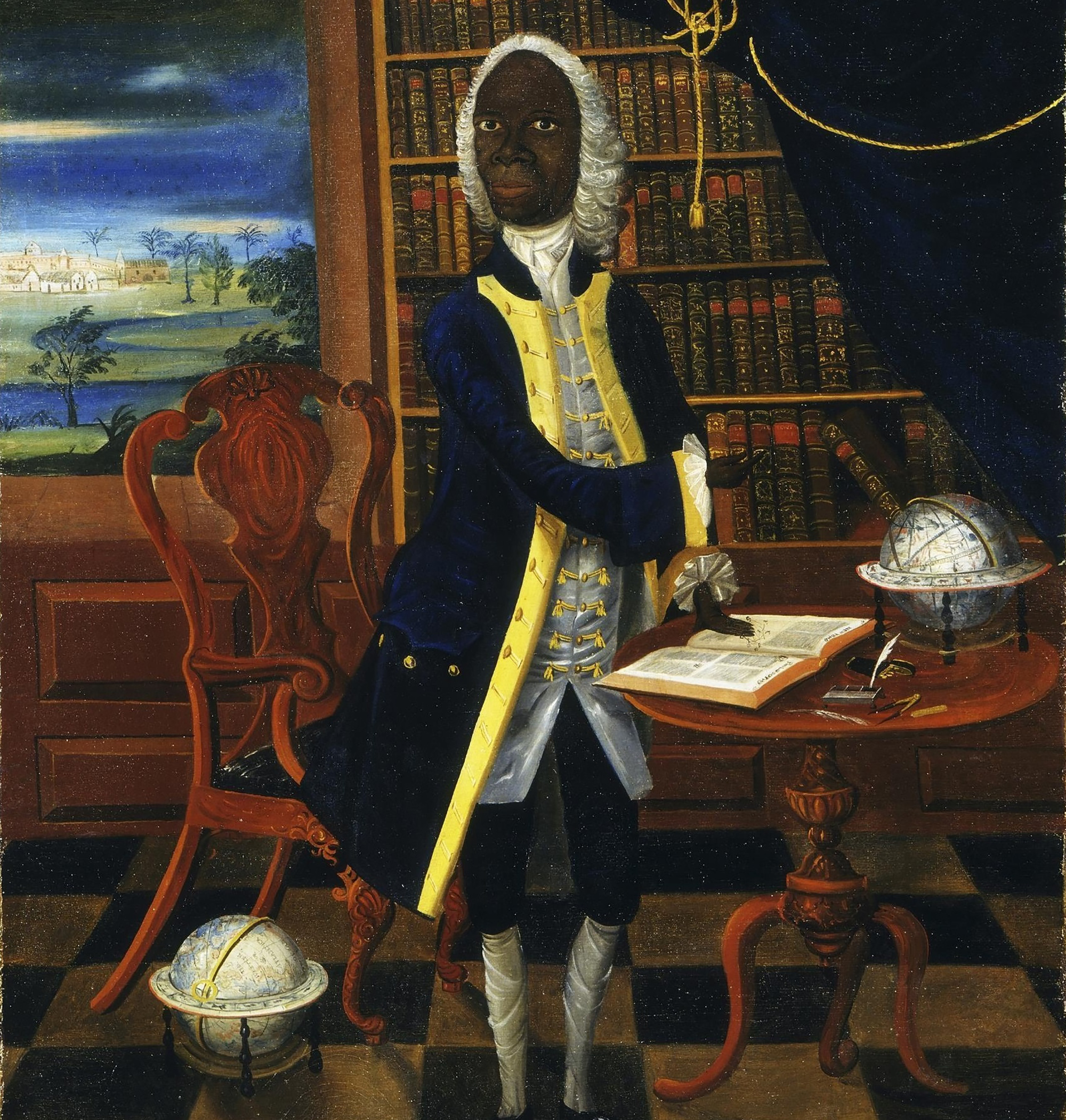"I only have one language and it's not mine."
- What he does not write as a journalist about racism, literature and interculturality liberates him through his poems. He won with his poems the Spanish Living Poetry National Prize #LdeLírica 2020 and will soon publish his first book of poems. We interviewed in Tabakalera before reciting his poems in the Feministaldia of Donostia. After listening to the recital, we were eager to re-interview ourselves once again.

Alacanten jaioa Wenzhou-ko familia txinatarrean, Utielen (Valentzia, Herrialde Katalanak) hazi zen. Bere haurtzaroko esperientziek kazetaritza-ikerketara bultzatu zuten eta 2019an Crecer en un chino (Txinatar batean hazi) dokumentala zuzendu zuen. Gaur egun, besteak beste, El Salto, El País eta Punt Media hedabideekin kolaboratzen du.
What do you answer when you're asked where you are from?
I could say I'm from the town of Utiel. It is a town on the shore of Valencia, very close to Castilla La Mancha. I have always lived in Utiel, then I went to Valencia and now I live in Barcelona. But if I'm honest, when I'm asked where I am from, I say it's my Chinese family. I know that people have the question in their heads, so I say. When I say that I am Valencian, I know that the question is still in the head. It is most convenient to answer a question directly or indirectly. When I was young, I found it painful. Sometimes it was not even a question – at least one question allows you to answer it. Many times it was a statement: you're Chinese. This placed a border between me and others. Because in my country, it was the only Chinese family that was ours, and there was no one that looked like me. And of course, whites don't realize they're white. That we all have a race or that no one has it. Because we live within this white supremacism, I didn't realize it either. I was different and knitted. And that naturalizes it over time.
In your environment, only your parents and your brother were the ones who looked like you. Does that build a lot of boundaries?
Yeah, most of them in the head. The lack of referents means not projecting yourself. I loved reading, for example. But in the literature, I never found characters or writers that seemed. Literature trapped me, characters and stories took me to places I didn't know, and that made a lot of sense to my life, but what I read didn't help me solve my identity conflict. Until very late I found no reference. It has been a very laborious job. If it's hard to meet writers, think about other identities. At the end of adolescence, I found my first reference in the Spanish state. When I met Gazpacho Agridulce from Quan Zhou Wu I had a shock. I was greatly influenced by the report of the confluence of Andalusian and Chinese identities in the same body.
Did he live in a conflicting way that confluence of different identities in his body?
I lived my identity as a crack. It wasn't Chinese, but it wasn't Spanish either, it wasn't enough one, it wasn't enough another. Both on the one hand and on the other, they constantly questioned my identity. My family tried to be as Chinese as possible. Little by little they found out that no, that it wasn't going to be Chinese, or at least not as they imagined it, and they've rejected that fact of not being Chinese. And at the same time those in here also make it clear that you're not from here. Even if you try, do everything you do, it will never be like them. And you don't have an ideological instrument to deal with it, and you feel guilty.
Thanks to different references, I saw how the issue could be understood differently. Like the sum of one and the other identity. The truth is that the question is not as simple as a sum. It is not enough to say that I am Spanish and Chinese, for example. The different parts of the identity are intertwined in a complex way. It is clear that if we understand monolithically and stereotypically the ways of being Chinese or Spanish, I am neither one nor the other. But, as with gender identity, categories are only limits marked in a continuum. Which woman does not move away from what we represent by thinking about the category of woman? And what Chinese doesn't move away from what we represent by thinking about the Chinese category? What is being Chinese? If we look closely at the supposedly clear categories, the issue becomes more complicated. But to consider that same complexity has been a source of liberation for me.
.jpg)
"There are also obvious inconsistencies among stereotypes. Immigrants steal work from us. But at the same time, immigrants don't want to do anything, they're vague and they live on subsidies."
One year you went to live in China. What did your experience look like?
I got an Erasmus scholarship to study in China. And I loved it. Those of Chinese origin have this pig of very idealized origin, the land of your family and of your ancestors… But there are no illuminations or revelations. What happened to me is that I met a lot of people like me. Like me, there were so many people who were born or lived outside of China, in an intimate investigation of their origin. And you realize that each of us has their views stereotyped about the Chinese. And you see that the Chinese live in their own way, that they move away from that fixed image that each of us has in one way or another.
That's right, the feeling I had when I was traveling on the subway was enormous. They were all like me, and nobody looked at me weird because it was different. That has not happened to me anywhere else. It could be from here. But the feeling couldn't last long. The questions came as soon as they opened their mouths. Where are you from? The same thing again. And the wound would open again and again. People don't realize it, but it's painful. I don't like to tell you how my parents had to go outside their village to find a better life, fleeing misery. It's not romantic. You receive the compassion or contempt of the other, and neither one nor the other is beneficial to you.
But here there is no racism with the
Chinese… That idea is widespread. Society thinks there's no racism with the Chinese, because many of the stereotypes that exist with us are optimistic, quoted. We are exemplary immigrants. In good, silent math -- The image of Chinese immigrants is that: they don't cause incidents. Not like others. Moroccans yes, Latin Americans too, they create problems. They say that we are the best to integrate. But what is good integration? Don't complain? That the boss works everything he wants? Not responding to the assaults?
I have experienced great exclusion in my childhood, for example. My brother's also physical violence. He came here at the age of 11, and people had never seen Chinese. I was born there, then, and what I heard was, "You can't play with us because you're Chinese."
My teachers, on the other hand, treated me very well and waited a lot for me. They linked me to stereotypes linked to my origin. I was getting very good grades, but not on my merits. Take me in blood. And if I got bad notes, it was a drama. How was that possible? And that was a huge pressure on me. For my career to be normal, I was forced to take great notes. Everything else was problematic. Stereotypes, even presumably positive, are harmful. They let you go. If you fill them in the perpetual ones, and if you don't fulfill them, it's problematic.
In addition, stereotypes make other facets of your personality invisible. It happened to me, for example, with the stereotype of shyness. "The Chinese are very shy, very quiet and very mysterious." I was like that. I've always been very lonely and introverted. But it was silent and mysterious because it was completely traumatized.
.jpg)
"Here the whole imaginary about Chinese is created by the media and, of course, filtered by orientalism. Very folkloric, based on the image of the ancient China that opens the Institute of Confession."
Why do we have that image of the Chinese?
Here, the whole imaginary about Chinese is created by the media and, of course, filtered by orientalism. Very folkloric, based on the image of ancient China that opens the Institute of Confession. We are seen as distant in time and space. Almost alien as if we were. This ancient culture is fetishized and its inhabitants have posters with Chinese prints on the walls of their apartments. We are the timeless bodies carrying that distant culture. And you can't feel that close. We are outsiders of all life, inevitably. There are already four generations in the Spanish state, but there are no Chinese in the country.
But there is another imaginary parallel to it, linked to the current Chinese state and communism. In fact, the Chinese are the major global rivals. It is a superpower controlled by the Communist Party, there are many of them and they come to us. They also link us to that. People often ask me about the Republic of China. “What do you think of this, or this other?” And what will I know? I don't live there, man! Ask how I live here to be Chinese. That is what I can talk about.
If they were integrated there would be
no problem… That is [laughs]. But if we were as inclusive as we say, we wouldn't have to give up everything to prove that we're "integrated." Name, food, ways of making, dresses... We sincerely believe that we came here in search of the most indigenous advantages. And what we have to do is naturalize, make our clothes, our food, our language and the local accent, and if possible, disappear. I don't know who I heard from him that if he got more integrated, he would disintegrate. What do we say when we talk about integration? What bothers you? Eat couscous? Put on a scarf? To speak in another language between us?
The language is terrible. If you speak in Chinese among us, you see the street look changing. I, for example, lost my language. They told me I couldn't play with my peers because I was Chinese, I didn't want to be Chinese. I wanted to play with them. And I also felt angry at you. I didn't want to talk about Chinese. I managed to do well in Spanish and stopped speaking in Chinese. Today I've come back to study, but my Chinese is a child's Chinese. And now I can't talk to my parents in their language. I speak mixing Mandarin and Spanish. They don't speak Spanish well and they adapt to my Chinese. And this is the situation that I have today with a very small decision, driven by the discrimination that I was experiencing at the time. I try to dedramatize the situation by thinking that communication is not only verbal, and that there really is no one who speaks the same language as their parents. But what has led to my situation is concrete structural discrimination, and that gives me anger. There is a phrase that Ines Herrero taught me that he took out of the book Jaques Derrida Le monolinguisme de l’autre: 'I have only one language and it is not mine'.
You also write poems in your language that's not yours. Is literature for you a way to speak freer than as a journalist?
It's a way of being free in its broadest sense. When I was little, I thought I would end up in the restaurant, too. My only referents were my parents. And they are wonderful referents, but for them there was no alternative but to dedicate hours and hours to work in the restaurant. And I was really worried about that. I didn't want that, but I didn't see anyone like me working outside of Chinese restaurants and bazaars. I only saw one way, because Asians who have other professions don't have visibility. Because you don't see them on television, or in the movies. You don't see poem books in newspaper photos. That leads you not to feel deserving of anything else. You know that to work in a bakery, your Chinese look is going to be an obstacle. Also to be a journalist. And it's easier to project yourself in a well-known and comfortable area than to imagine anything else. That's why writing has been for me to create a free world. The creation of this free world has made me freer. My poems have also changed my experiences. I have spoken publicly for the recitals. And taking the floor has changed my own voice. My way of being. I have also freed myself through my poetry.
* * * * * * * * * * *
Immigrant in Schrödinger
"There are also obvious inconsistencies among stereotypes. Immigrants steal work from us. At the same time, however, immigrants do not want to do anything, they are vague and live on subsidies. Moha Gerehou talks about this and calls the phenomenon Schrödinger's immigrant. The truth is that these two speeches can be launched by the same person in the same interview at the table, one after the other, and that nobody will say that this is an inconsistency. There is a double discourse with migrants, which is a double punishment. You can't escape. If you don't have one fault, you will have the other, and – according to Schrödinger's immigrant theory, both –".
Race and gender
"Chinese women, subjects, puppets, service women, silent, mysterious. In film, Asian characters have hardly any dialogues. Looks. Ceramic. An object. Weak, strong, small, manageable. Asian women are very sexualized and very fetishized from the Western point of view, if this can be called the West. And with beauty, they've also been built into an ambivalent relationship. You can hear that there or here Asian women are especially beautiful, but at the same time I have been told that I am very nice to be Chinese (what answers, “thank you”?). The opposite is true of men. They don't get sexualized. Because they're not enough men. Because they don't have enough beard. And of course, because they have a tiny penis."
COVID-19 as a catalyst for racism
"This COVID-19 story has legitimized racism with the existing Chinese. It catalyzes. 'We're not going to have dinner at the Chinese restaurant, even to hunt COVID-19! '. Yes, of course, because this family that has not left the Valencian people of Utiel is very infected. If there was no racist base underneath, your ears would not be heard during the pandemic. Chinese children were called "coronavirus" in schools. Or BBVA first and La Caixa then blocked accounts of people of Chinese origin without any legal fund. My parents also happened to me. And this has not spread, but it's structural racism. The Chinese community has mobilized, demonstrations have taken place. Not terrible, and the media have not echoed them, of course. But the Ez naiz virus campaign emerged in France and Italy, for example. All of this has also influenced here. The anti-racist movement is becoming more and more structured and activists of Asian origin are becoming more and more active in this movement."
Hamasei migrante atxilotu zituzten otsailaren 6an Baionan, etorkinen eskubideen aldeko elkarteek salatu dutenez. Dirudienez, Baionako prokuradoreak eman zuen agindua. Operazioa autobus geltokiaren eta Pausa harrera zentroaren artean gauzatu zuen poliziak, tartean, adingabekoak... [+]
I don't want my daughter disguising herself as a Gypsy in the caldereros. I don’t want Gypsy children at my daughter’s school to dress up as Gypsies in caldereros. Because being a gypsy is not a disguise. Because being a gypsy is not a party that takes place once a year, with... [+]
The most magical weeks of the year, or rather, the most consumerist, come. Many would like to receive gifts from Olentzero's bag, as if it fell from the sky, but the reality is that at Christmas it is our bags that suffer the most, we start the year with empty pockets. In the... [+]
London 1928. At the Victoria and Albert Museum there was a very special painting: in the painting there is a black man, with wig and Levite, surrounded by books and scientific instruments. Thus it was catalogued in the Museum: “Unique satirical portrait representing a failed... [+]












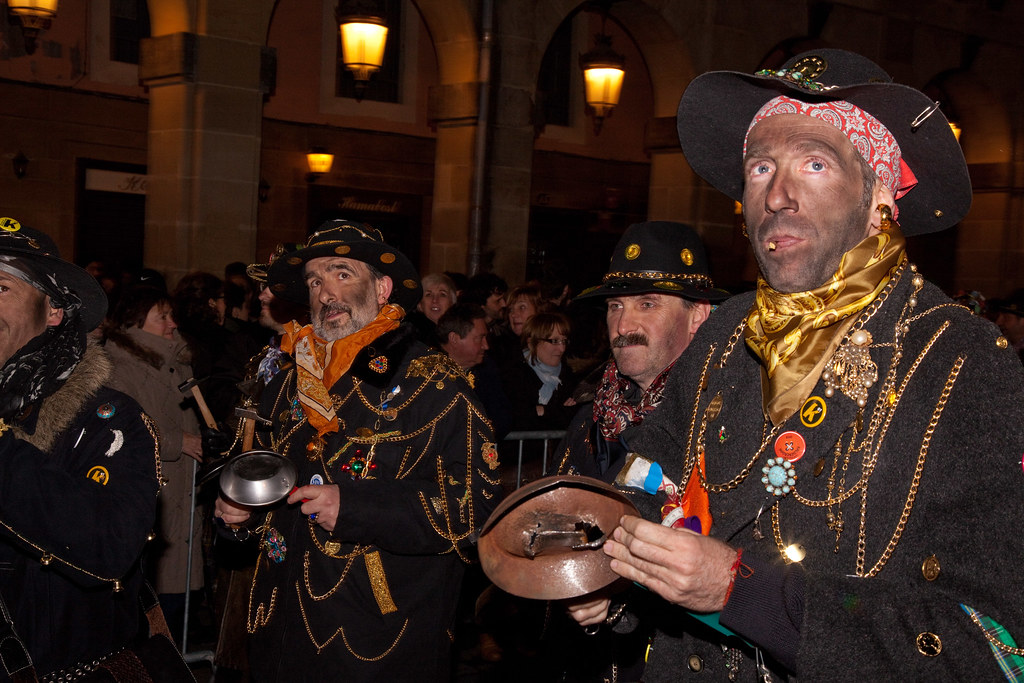
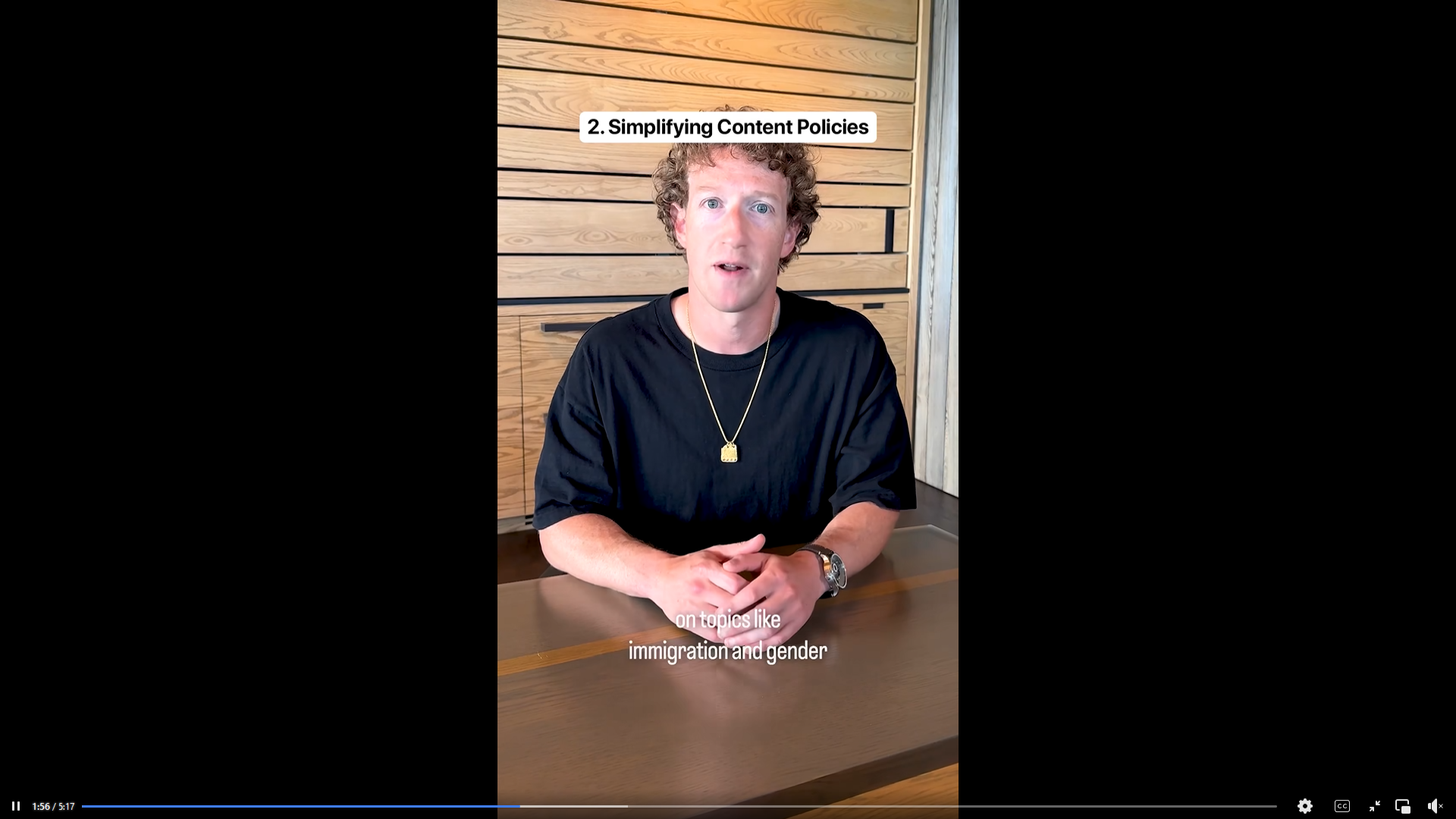
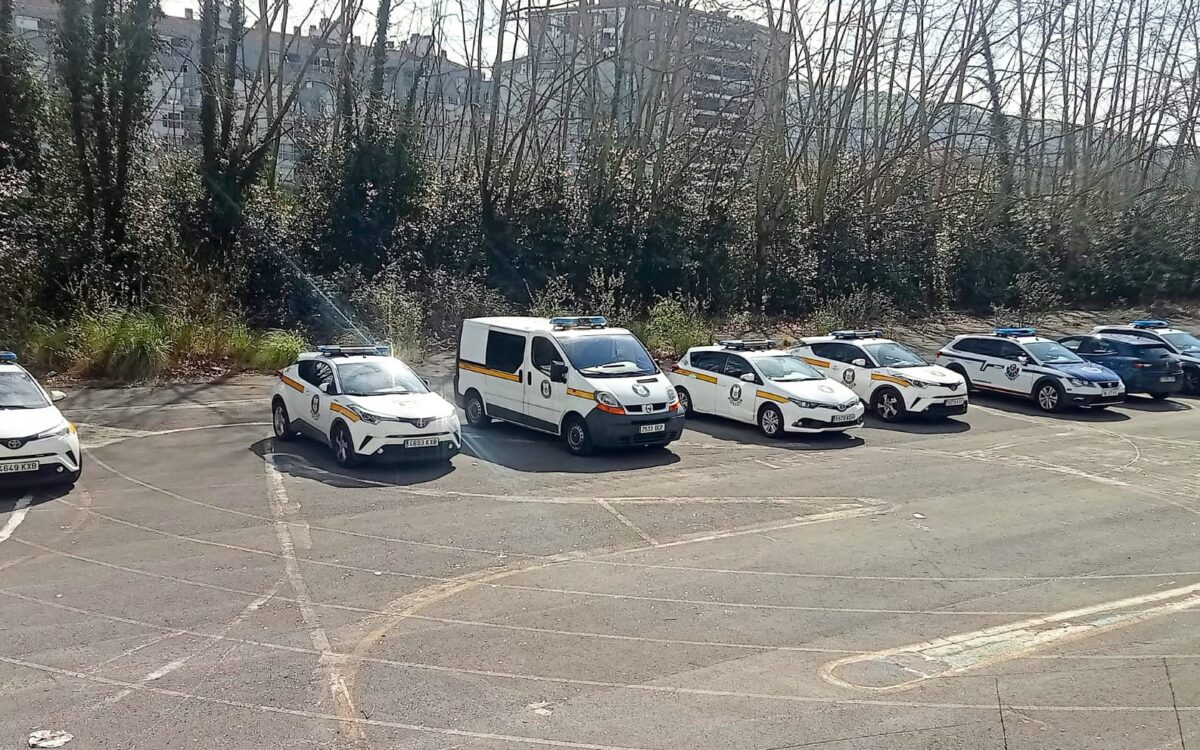
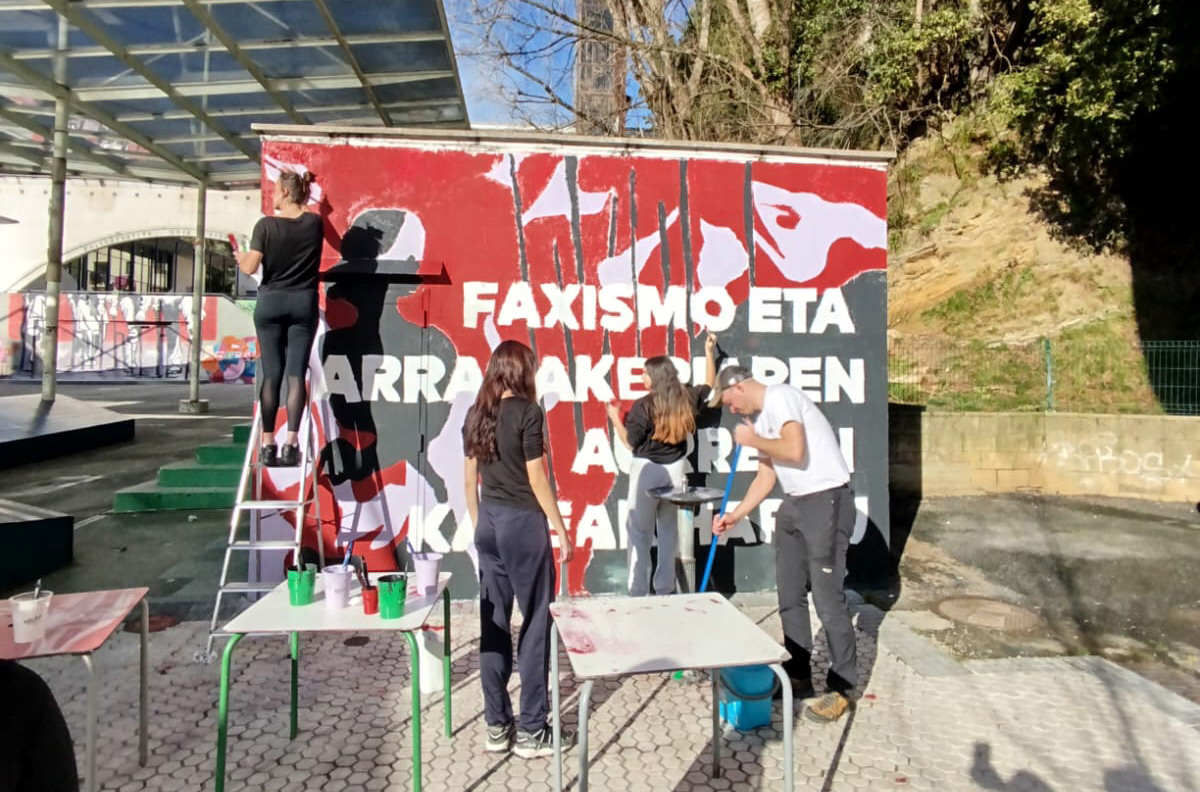
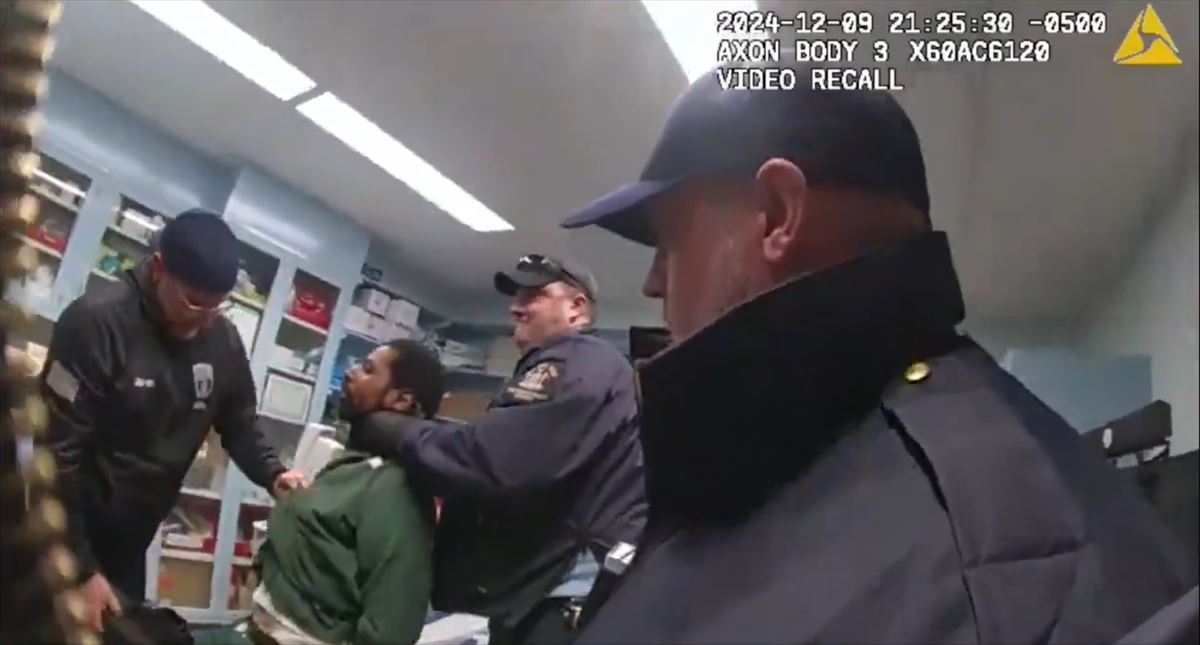
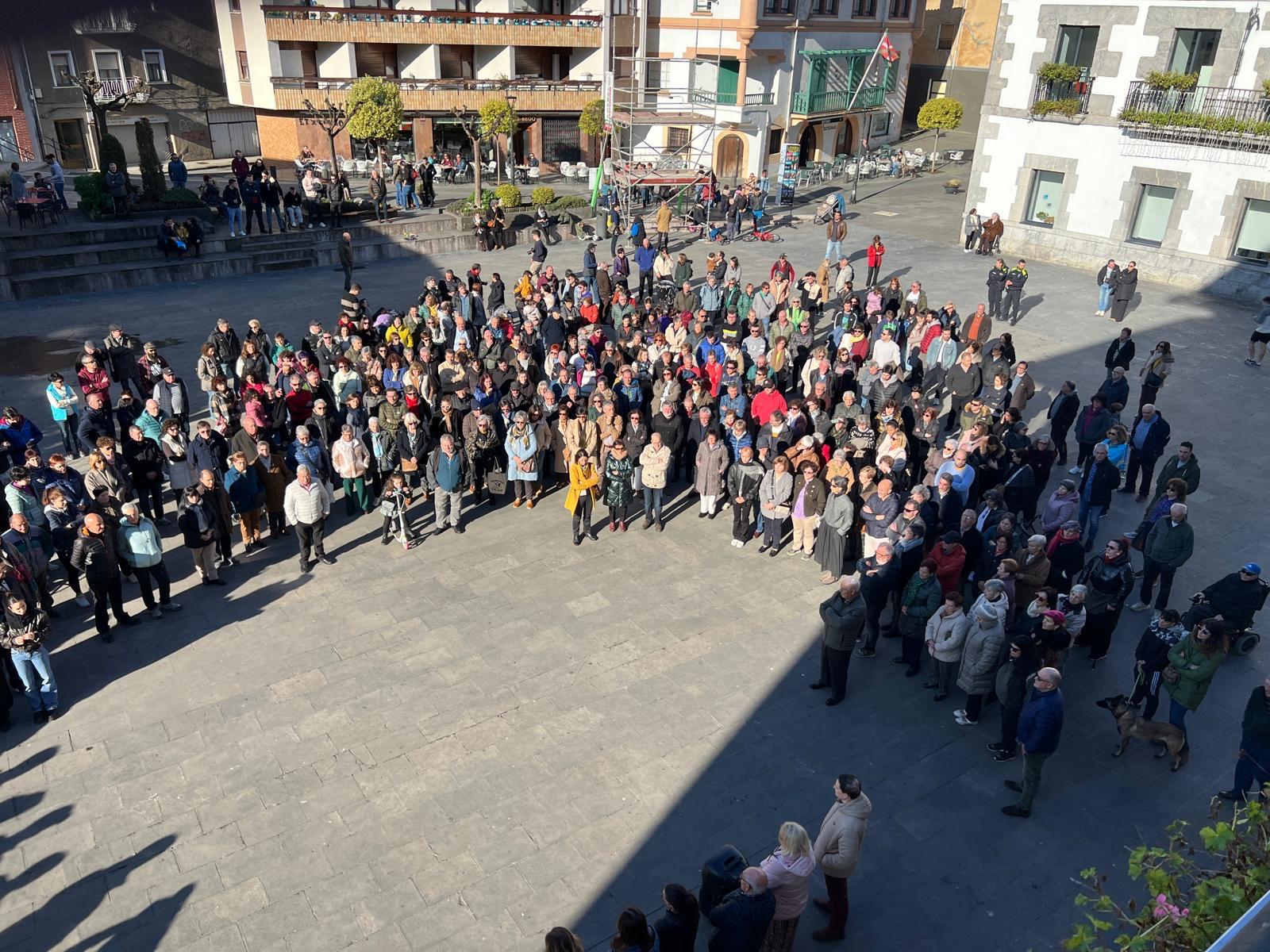

.jpg)




